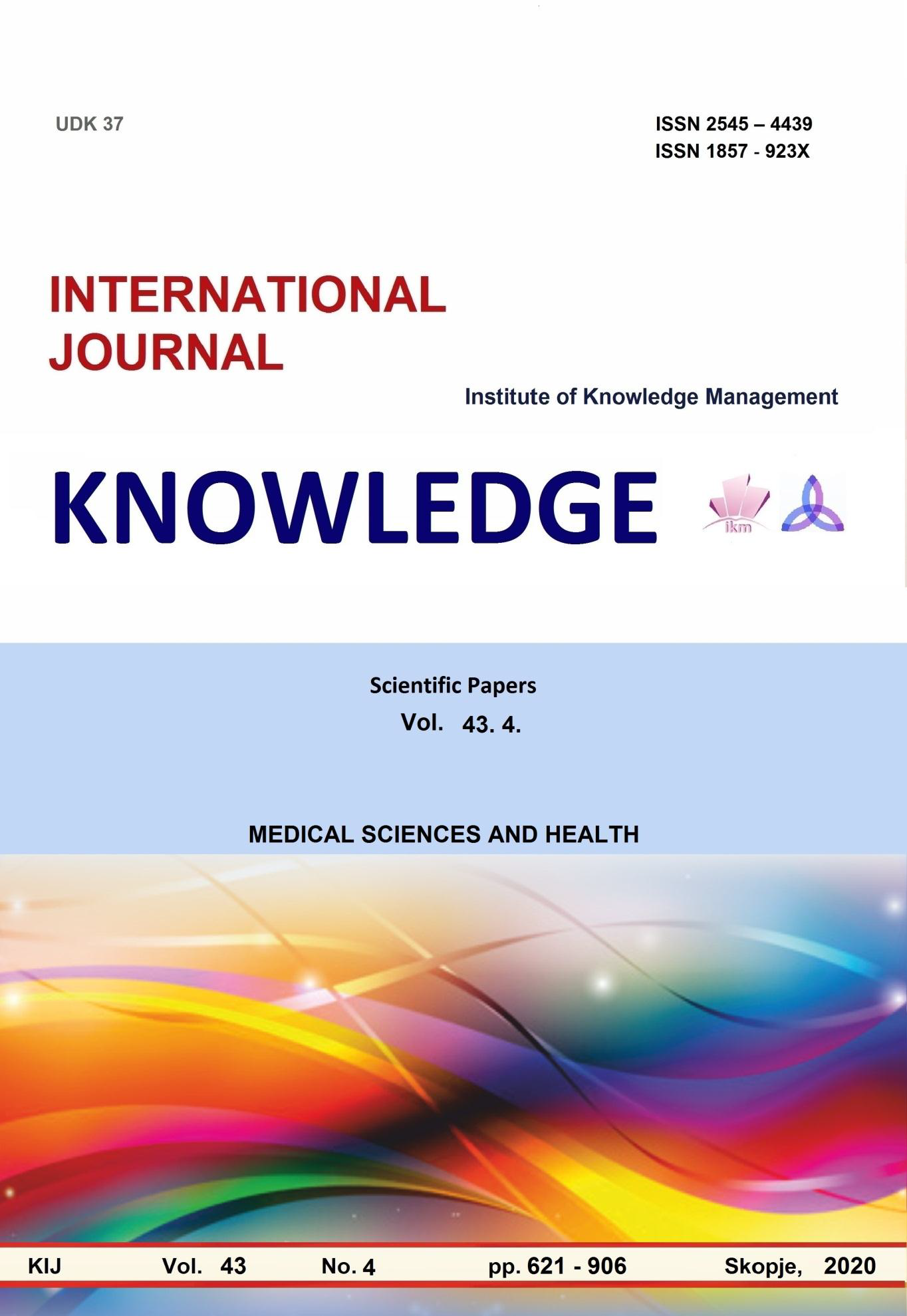МЕТОДОЛОГИЧЕСКИ АСПЕКТИ ПРИ ИЗМЕРВАНЕ НА СВЪРЗАНО СЪС ЗДРАВЕТО КАЧЕСТВОТО НА ЖИВОТ
METHODOLOGICAL ASPECTS IN MEASURING HEALTH RELATED QUALITY OF LIFE
Author(s): Boryana LevterovaSubject(s): Social Sciences
Published by: Scientific Institute of Management and Knowledge
Keywords: health-related quality of life; methodological aspects; assessment approaches
Summary/Abstract: Modern medicine has made significant progress in the screening, diagnosis, and treatment of diseases, but the goals of treatment are subject of debate. Nowadays, Health-related Quality of Life (HRQOL) has become an important indicator of medical treatment and clinical care. Quality of life (QоL) is a commonly used phrase that has no universal definition. Quality of life has 5 dimensions: sociological, economic, psychological, philosophical, and ethical. However, health has emerged as an important but separate dimension and quality of life is becoming a key concept in the medical community. Despite the broad consensus on the importance of quality-of-life assessment in chronic diseases, serious conceptual and methodological problems remain in this area. The lack of a theoretical basis is a major problem, because without a comprehensive theory to guide the design of the health-related quality of life assessment tools, it is difficult to determine exactly what and how to measure. This review examines some of the general principles that apply to the measurement of the quality of life. The right selection of tools is an important first step towards the successful assessment of the health-related quality of life in chronically ill people.
Journal: Knowledge - International Journal
- Issue Year: 43/2020
- Issue No: 4
- Page Range: 813 - 817
- Page Count: 5
- Language: English, Bulgarian

